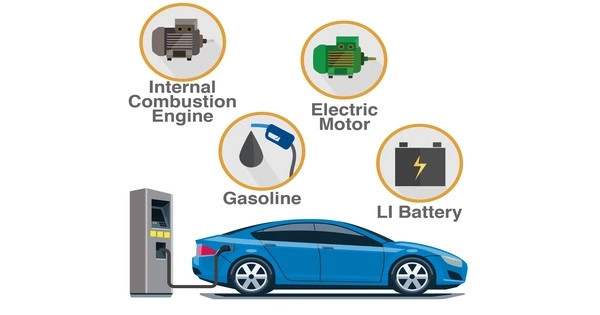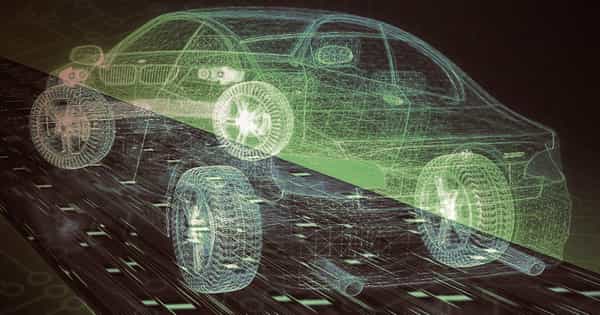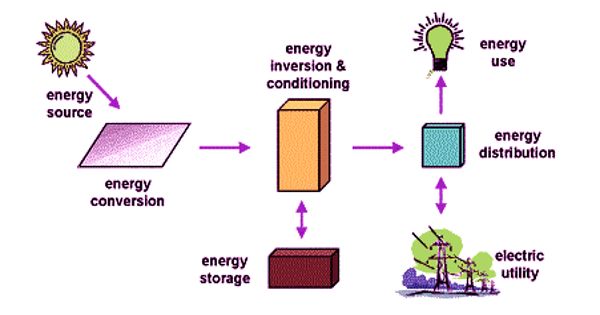An alternative fuel vehicle is a vehicle that runs on a fuel source other than traditional gasoline or diesel. Examples of alternative fuels include electricity, hydrogen, propane, and biofuels such as ethanol or biodiesel. These vehicles are typically more environmentally friendly, as they produce fewer emissions and may have a lower carbon footprint than traditional gasoline or diesel vehicles. Additionally, some alternative fuels are renewable and can reduce dependence on fossil fuels.
A vehicle that runs on alternative fuels rather than traditional petroleum fuels is known as an alternative fuel vehicle (petrol or petrodiesel). The term also refers to any technology (for example, an electric car, a hybrid electric vehicle, or a solar-powered vehicle) that powers an engine that does not rely solely on petroleum. Because of a combination of factors such as environmental concerns, high oil prices, and the possibility of peak oil, many governments and vehicle manufacturers around the world have made the development of cleaner alternative fuels and advanced power systems for vehicles a top priority.
It is a vehicle that runs on a fuel other than traditional gasoline or diesel. Examples of alternative fuels include electricity, hydrogen, propane, and biofuels such as ethanol and biodiesel. These vehicles are designed to reduce dependence on fossil fuels and decrease greenhouse gas emissions. Some examples of alternative fuels include electric power, hydrogen, propane, and biofuels such as ethanol and biodiesel. These vehicles may offer advantages such as lower emissions, reduced dependence on fossil fuels, and cost savings.
Hybrid electric vehicles, such as the Toyota Prius, are not alternative fuel vehicles, but they use petroleum fuel more efficiently due to advanced technologies in the electric battery and motor/generator. Other research and development efforts in alternative forms of power concentrate on the development of all-electric and fuel cell vehicles, as well as the stored energy of compressed air.
An environmental analysis of the effects of various vehicle fuels goes beyond just operating efficiency and emissions, especially if technology becomes widely used. A vehicle’s life-cycle assessment considers both production and post-use. A cradle-to-cradle design is more important than focusing on a single factor, such as fuel type.
















